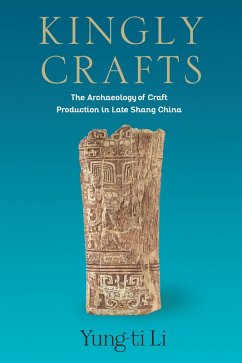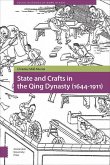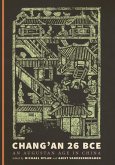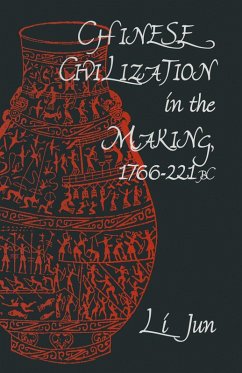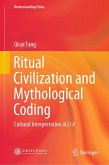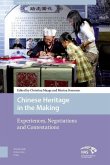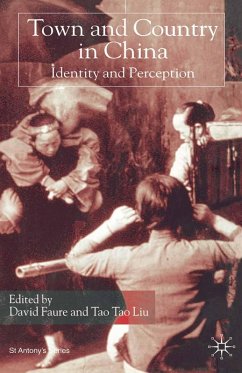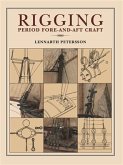The site of Anyang, the last capital of the Shang dynasty, dated to around 1200 to 1000 BCE, is one of the most important sources of knowledge about craft production in Bronze Age China. Excavations and research of the settlement over the past ninety years demonstrate both the advanced level of Shang craft workers and the scale and capacity of the craft industries of the time. However, materials unearthed in Anyang by different expeditions have since been stored separately in China and Taiwan, making a thorough study of this important aspect of life in Shang China challenging. Despite efforts to integrate the data based on published material, the physical evidence rarely has been considered as a single group.
Through a systematic analysis of the archaeological materials available in both China and Taiwan, Yung-ti Li provides a detailed picture of craft production in Anyang and paves the way for a new understanding of how the Shang capital functioned as a metropolis. Focusing on craft-producing activities, including bronze casting, bone working, shell and marble inlay working, lithic working, and pottery production, Kingly Crafts examines the material remains, the technology, and the production organization of the craft industries. Although the level of Shang craftsmanship can be seen in the finished products, Li demonstrates that it is necessary to study workshop remains and their archaeological context to reconstruct the social and political contexts of craft production. Offering a comprehensive investigation of these remains, Kingly Crafts sheds new light on the relationships between craft industries and political authority in the late Shang period.
Through a systematic analysis of the archaeological materials available in both China and Taiwan, Yung-ti Li provides a detailed picture of craft production in Anyang and paves the way for a new understanding of how the Shang capital functioned as a metropolis. Focusing on craft-producing activities, including bronze casting, bone working, shell and marble inlay working, lithic working, and pottery production, Kingly Crafts examines the material remains, the technology, and the production organization of the craft industries. Although the level of Shang craftsmanship can be seen in the finished products, Li demonstrates that it is necessary to study workshop remains and their archaeological context to reconstruct the social and political contexts of craft production. Offering a comprehensive investigation of these remains, Kingly Crafts sheds new light on the relationships between craft industries and political authority in the late Shang period.
Dieser Download kann aus rechtlichen Gründen nur mit Rechnungsadresse in A, D ausgeliefert werden.

